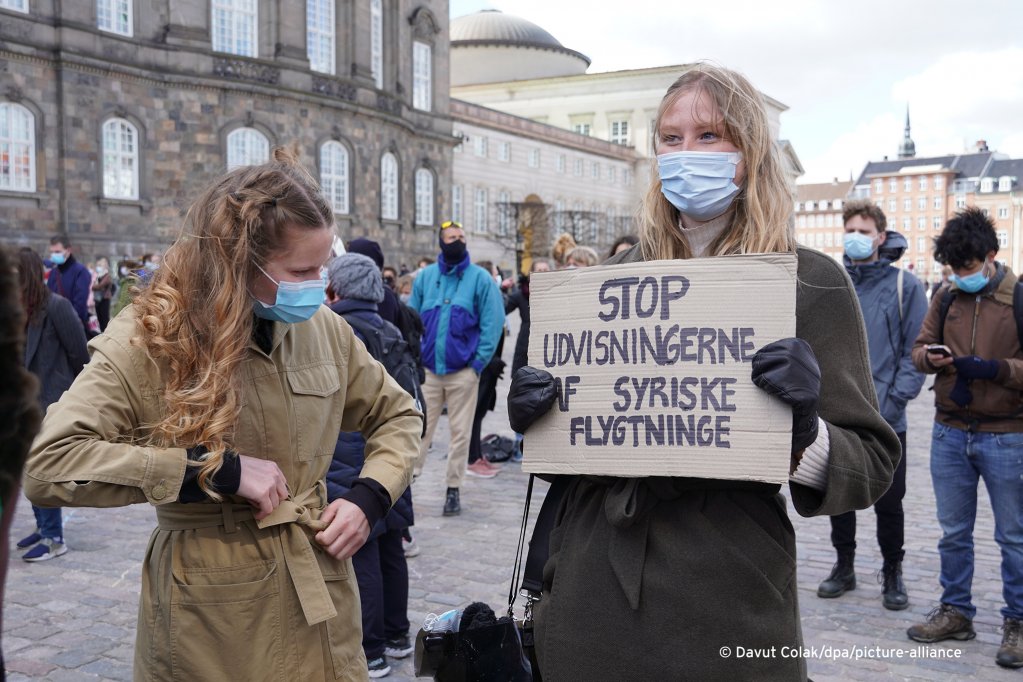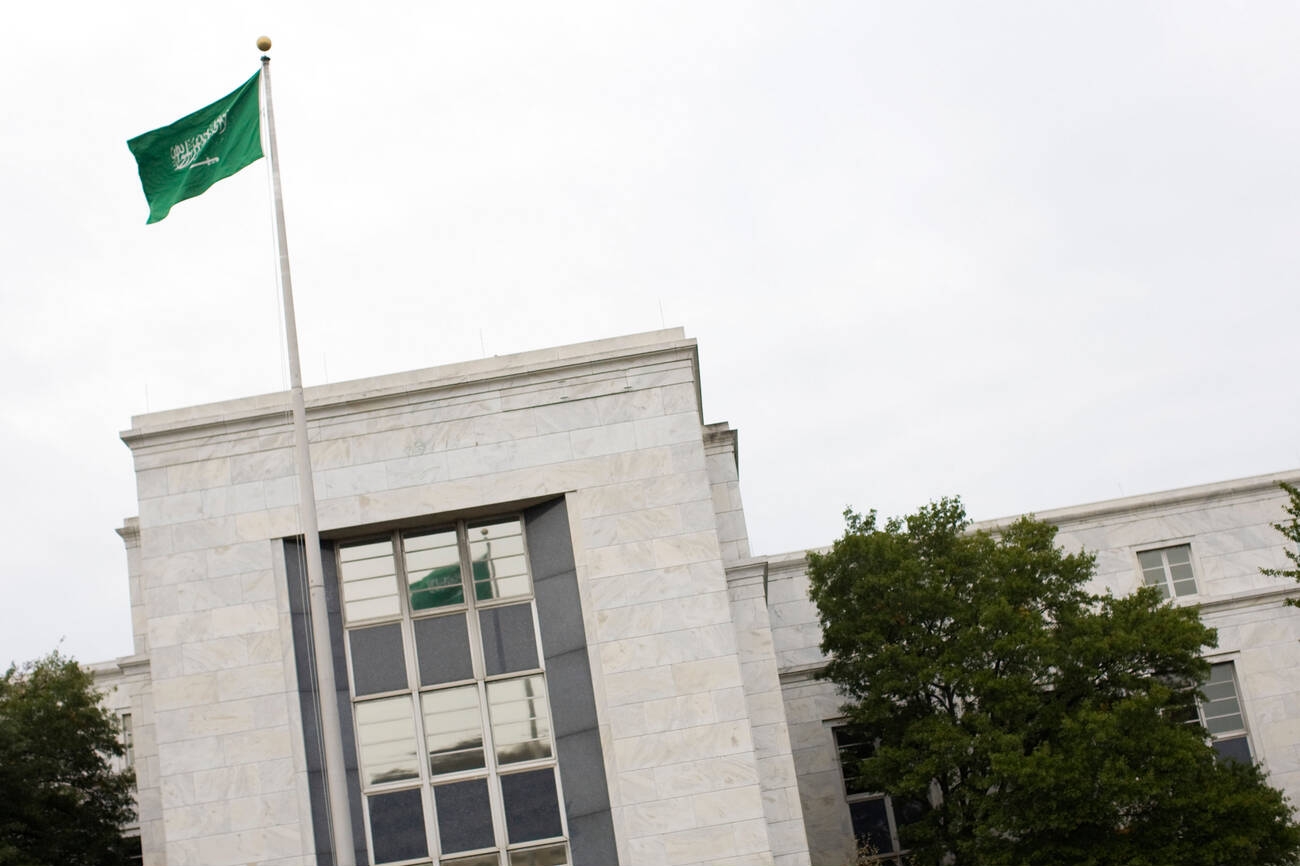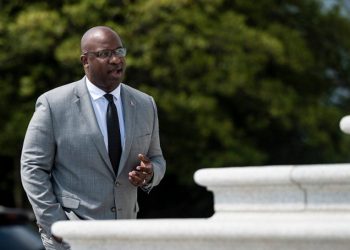Denmark has become the first European country to give Syrian refugees an ultimatum to return to the war-torn nation.
In 2019, the Danish government concluded that the Syrian capital city of Damascus and its surrounding countryside were safe enough for the refugees from those areas to return and therefore, started to review their residency permits.
Human rights groups have criticized the move, however, saying it is aimed at removing Denmark’s non-white immigrant community even if it means putting the Syrians in the harm’s way.
“We disagree with the decision to deem the Damascus area, or any other area [in Syria], safe for refugees,” Charlotte Slente, the secretary general of the Danish Refugee Council, told CNN.
“We have knowledge from various reports of arbitrary detention and ongoing civil rights abuses of the civilian population in Syria,” she added.
She was referring to a March Human Rights Council report, which accused the Syrian government of detaining some of the refugees upon their return, a policy it has continued to implement over the past 10 years.
Mattias Tesfaye, the Danish minister for immigration and integration, has defended the policy.
“Denmark has been open and honest from day one” that residence permits for Syrian refugees are “temporary, and that the permit can be revoked if the need for protection ceases to exist,” he told CNN.
“The approach of the Danish government is to provide protection to those in need of it, but when the conditions in their home country have improved, former refugees should return to the home country and reestablish their life there,” Tesfaye added.
The Danish government has refused to extend the residency permits of least 300 Syrian refugees since 2019.
The country is now reexamining the protection of more than 400 more Syrian refugees living in the country.
Tesfaye has said in the past that the country cannot force the refugees to return but would help them by giving the. “a bag of money from the Danish state.”
The financial support is around $28,150, and since 2019 more than 250 Syrian refugees have taken the financial support package.
Human rights activists believe that the financial package and the refusal to extended the permits are evidence that the refugees are being given a choice between going back or facing harsh conditions at deportation centers.
The deportation centers “are like torture, designed to break people down,” Michala Clante Bendixen, the head of Refugees Welcome Denmark, told CNN.
“There are no activities, no training courses, you can’t even cook your own food,” Bendixen said.
“Denmark is strong when it comes to rights and solidarity; burden sharing and economic equality; fair governance and no corruption,” Bendixen said. “In that way, it is very surprising and very paradoxical we have this growing xenophobia and also managed to make … clearly discriminatory laws” for refugees and immigrants.
Bendixen said there appears to be “two sets of laws” in Denmark: “One set for ‘the real Danes,’ and one set for the ‘others who don’t belong here.'”


















